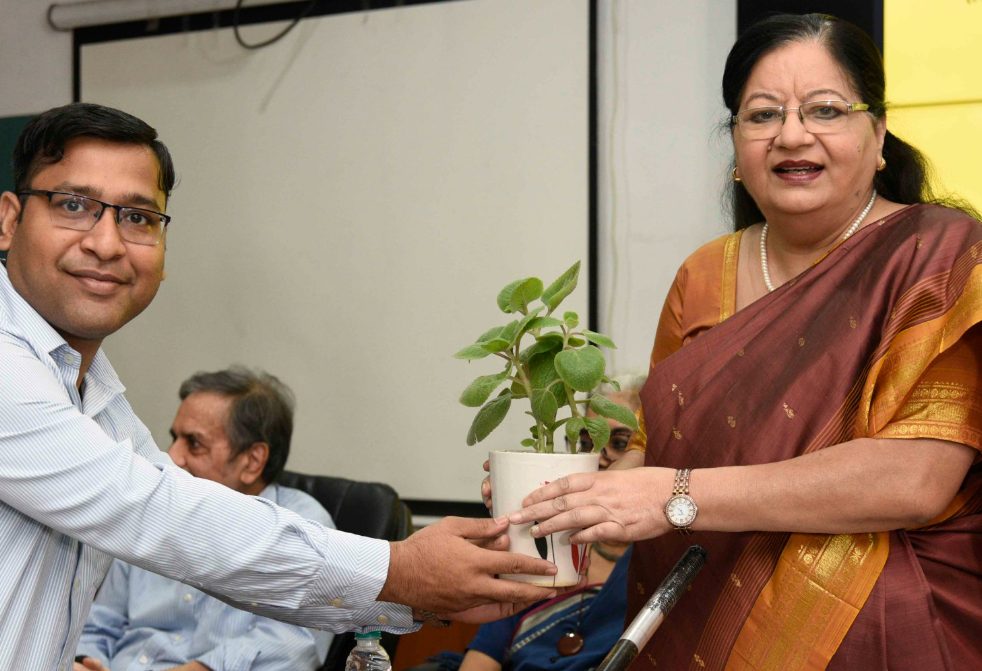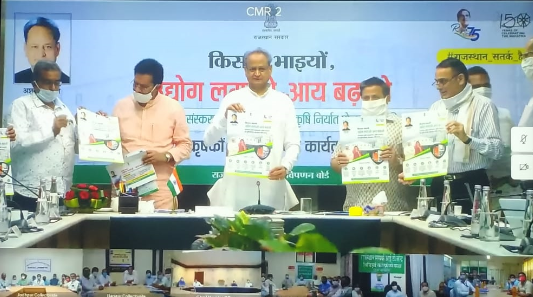
The Department of History, Jamia Millia Islamia (JMI) organised 2nd Mushirul Hasan Memorial Lecture under the aegis of the Mushirul Hasan Endowment Fund at the FTK-CIT Hall of the university today. The event was presided over by JMI Vice Chancellor Prof. Najma Akhtar. The Vice- Chancellor welcomed the speaker Prof. Shahid Amin and other esteemed guests. The event was graced by Prof. Zoya Hasan, Prof. Nazim Husain Jafri (Registrar, JMI) and Prof. M Asaduddin (Dean, JMI) besides others.
The program began with the welcome address and presidential remark by JMI Vice Chancellor Prof. Najma Akhtar. The Vice Chancellor said “Professor Mushirul Hasan, one of India’s finest post-Independence historians, is known for his works on Nehru, Gandhi and several others. He was a pioneer in changing the tone of history writing in India. He is remembered by the Jamia community as a successful Vice-Chancellor who established various research centres and is often referred as ‘Shahjahan’ of Jamia. The Annual Professor Mushirul Hasan Memorial Lecture is our way of honouring him and his legacy.”
Prof. Zoya Hasan threw light on various facets of late Prof. Mushirul Hasan. She explained in detail about the contribution of Prof. Hasan in the field of history. She said that Prof. Mohibbul Hasan, father of late Prof. Mushirul Hasan was the founding Professor of the Department of History in JMI and he had a profound influence on Mushirul Hasan’s intellectual development. Like his father he was also a secular nationalist.”
Prof. Farhat Nasreen, HoD, Department of History, JMI formally introduced Prof. Shahid Ameen.
The lecture Gandhi and Peasants: A Re-look at Champaran 1917 was delivered by Prof. Shahid Amin who was until recently associated with Jamia Millia Islamia as the A.M. Khwaja Chair Professor. Professor Amin, one of the most respected historians; nationally and internationally, talked about Gandhiji’s involvement in the Champaran Satyagraha. Gandhiji with his group of eminent lawyers made an attempt to enquire and record the peasant experiences. The peasants would narrate their experiences in Bhojpuri which were then translated on the spot. Apart from economic hardships, these narrations of peasants also give an insight into the discrimination that they faced in their day to day life. Prof. Amin used fresh and unconventional sources to explore Gandhiji’s interaction with the peasants at Champaran.
The lecture was well attended and in terms of intellectual exchange and scholarly interactions it was a great success.
";

